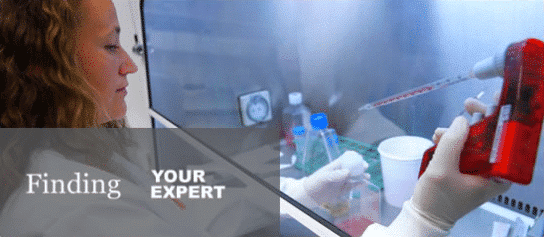- Council’s function is to agree matters of policy and to oversee the administration of The Academy, as delegated to it by the members, and its operation is governed by Standing Order. (Most such policies and procedures are decided by the Executive Committee of Council, and referred to Council for approval (or amendment) and ratification.)
- Council is required to ratify Executive Committee recommendations for appointments of:
- non-executive officers (except Immediate Past Chairman)
- vice-chairmen
- co-opted members of the Executive
- chairmen of Academy standing committees and vetting committee
- recommendations for Membership, Fellowship and Companionship of The Academy.
- Members of Council are elected annually by the membership by postal ballot. Council members may serve for a maximum of six years (two elected terms of three years each), and must then serve a minimum of two years out of office before re-standing for election to Council.
- The elected (executive) officers of The Academy – Chairman, Deputy Chairman, Treasurer and Secretary, are ex officio members of Council. The Chief Executive is entitled to attend Council meetings, and usually does so and takes the Minutes, but is not entitled to vote on Council business.
The Role of Council
- Council members have a duty to exercise the level of skill and care expected of someone reasonably competent to act both collectively and individually as members and representatives of TAE.
- Council Members will at all times keep confidential and will not disclose to any person who is not a Council Member any information in whatever form that they may acquire in relation to the business or affairs of TAE without the express written permission in advance by TAE.
- Council Members have collective responsibility for ensuring that TAE complies with the requirements of its Constitution. This includes:
- Ensuring that high standards of governance are observed at all times;
- Ensuring that TAE operates within the limits of its Constitution;
- Establishing the overall strategic direction of TAE for the benefit of its members.
- Council Members will act objectively in discharging their collective and personal responsibilities and will put TAE before any personal interest.
- Council Members will at all times publicise the existence and activities of the Academy and, in this connection, should wherever possible use the special Council business cards.
- To consider and, subject to due consideration, ratify Executive Committee recommendations for the appointment of: non-executive officers; vice chairman; co-opted members of the Executive; chairman of the Academy standing committees and vetting committees for Membership, Fellowship and Companionship of the Academy.
- To attend the two Council Meetings per year. Non-attendance is only excusable in exceptional circumstances. In the event that attendance is not possible, to send apologies in writing and confirm that the distributed papers have been read and to make clear any comments they may have.
- To read and where appropriate, respond to all briefing papers in advance of meetings, including those sent by e-mail [even if the content is not their specialist area].
- In all cases where papers are sent to a Council Member for comment, the member shall respond in a timely manner and where, for any reason no comments are made, that this be recorded within the time for the response.
- To contribute to the content of Academy responses to formal consultation papers from government and other bodies and to contribute to the formation of Academy policy.
- To assist in liaising between their primary professional body and the Academy in furtherance of the Academy’s aims.
- To chair or serve on the appropriate standing and other committees of the Academy and participation in at least one working party, as and when required.
- To attend a variety of Academy meetings and formal functions including for example receptions for invited guests, lectures, conferences and member events.
- Council members should expect and be willing and able to devote the equivalent of approximately 5 working days per year to TAE activities. [This does not include Council Meetings].
- To keep the Chief Executive informed of the progress of any work undertaken.
- To report such progress to Council.
- To contribute to TAE initiatives to develop MOU’s with relevant bodies.
- To perform other ad hoc duties as and when required.
- Council members are required, when first elected or co-opted, to sign a confidentiality undertaking in respect of Academy affairs as defined therein. This undertaking is permanent and remains binding after their terms of office are completed.
- Other than in exceptional circumstances, Council members are not entitled to claim expenses incurred in attending Council meetings or in furtherance of their other duties.




